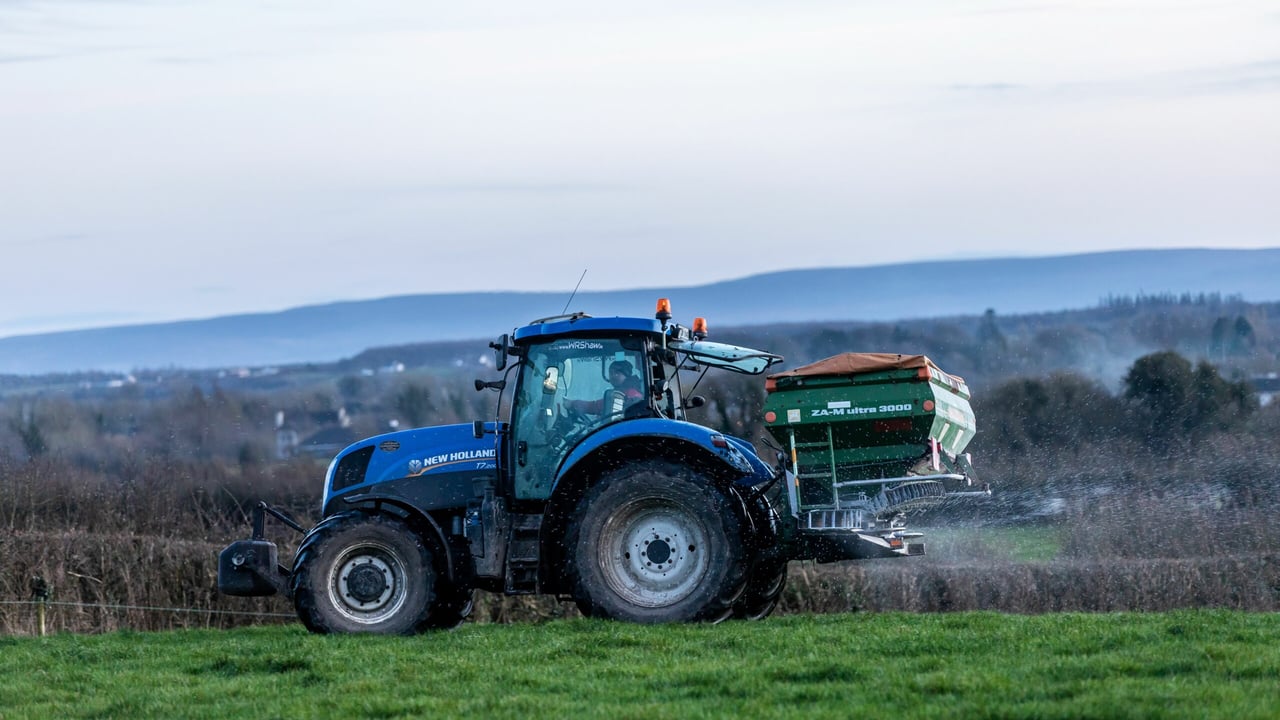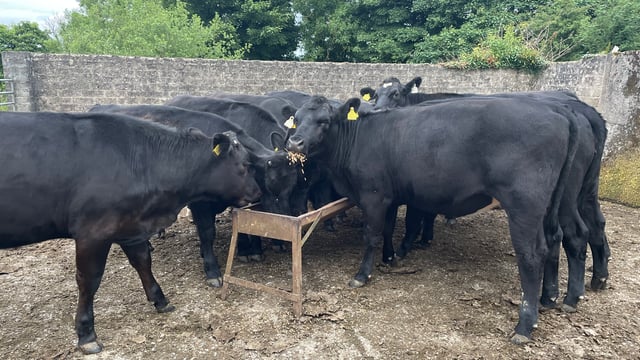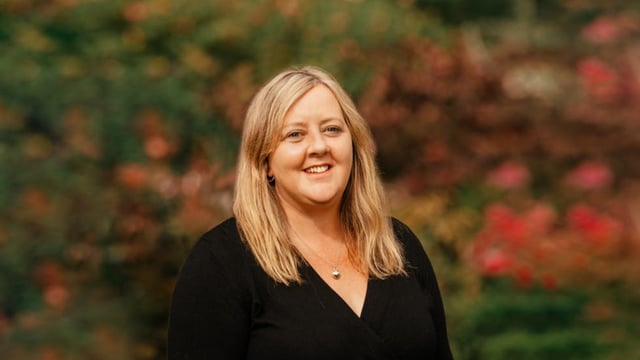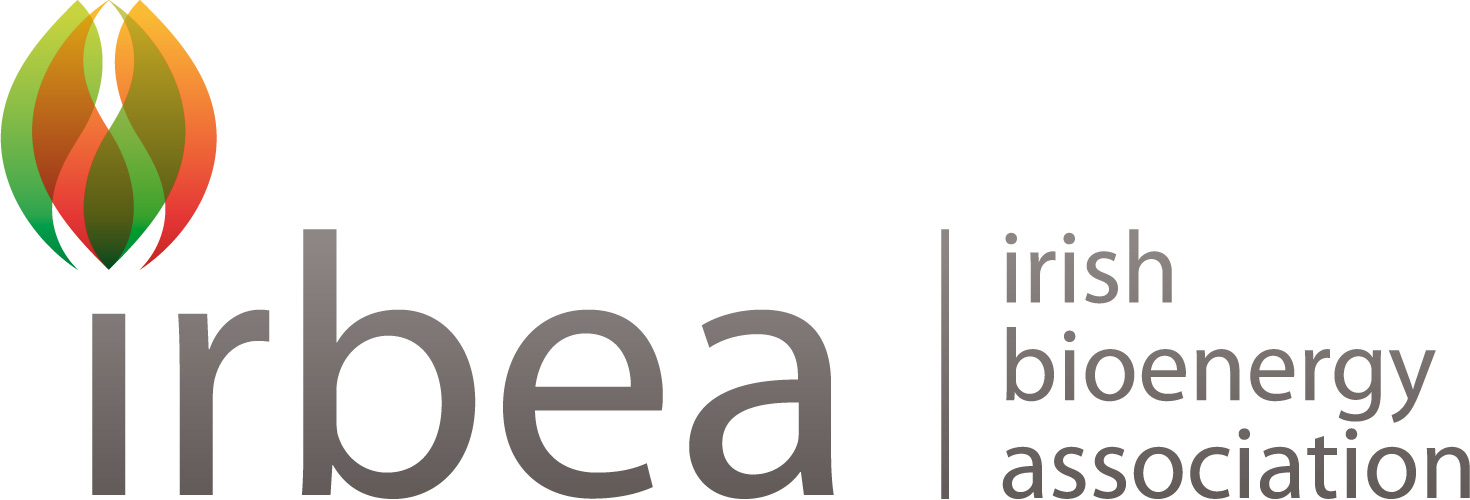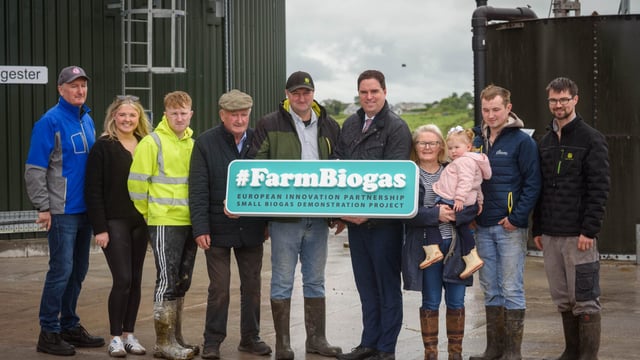Optimising fertiliser usage during a poor grass growing year
Optimising your fertiliser usage during this slow grass growing season is crucial, as PastureBase Ireland figures have shown that grass growth rates are back about 10% in 2024.
The situation has improved ever so slightly in the last couple of weeks and with the much needed rain in the last few days, the situation will likely improve more.
Slurry and chemical nitrogen (N) applications have been getting back up to date in the last number of weeks, as they are far behind normal levels earlier in the year due poor weather conditions.
Optimising your fertiliser usage is essential during this time of year. You should make sure you are getting enough N, phosphorus (P), potassium (K), sulphur (S), lime and other organic fertilisers out.
With the predicted fodder supply deficit, optimising your fertiliser usage is essential, as it can close the fodder gap significantly.
Getting the most out of your grass swards now and maximising the amount of grazed grass in a cow's diet will reduce the need to eat into your surplus bales or first-cut silage.
Teagasc has urged farmers to start getting in contact with their advisors to review their nutrient management plan.
By reviewing your plan, it will ensure that you have assessed your N and P allowances, which will allow you to make decisions on what fertiliser needs to be applied.
Head of Dairy Knowledge Transfer at Teagasc, Dr. Joe Patton, presented the results of the Teagasc June 2024 survey during a meeting with the the National Fodder and Food Security Committee (NFFSC), which had responses from nearly 500 farmers.
The survey revealed that first-cut fodder supplies stand at 60% of the requirement for dairy farms, which is well below the target of 70% at this time of the year.
The survey showed us that approximately 25-30% of dairy and dry stock farms have a 10% fodder supply deficit, which is a cause for concern.
This highlights the importance of getting out the appropriate fertiliser at this time of the year, followed by cutting your second cut on time and to plan for a third cut if it is needed.
Chair of the NFFSC, Mike Magan said that: "Proper planning and early action are vital to mitigate risks and secure fodder supplies."
Magan added that "actions taken early within the farm gate will be most cost-effective. When those steps have been taken, secure external forage sources if needed".

